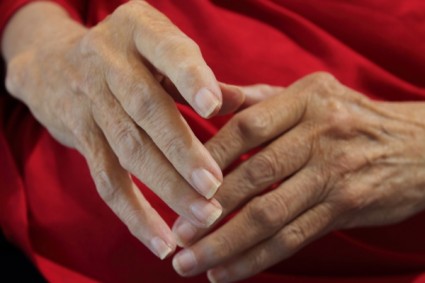- Free Initial Consultation: (954) 761-3641 Tap Here To Call Us
Report: Nursing Home Residents Highly Vulnerable to Sex Abuse

Sexual assault in nursing homes is an undoubtedly disturbing occurrence. According to a recent investigation by CNN, it’s also a more prevalent one than previously realized.
As part of an in-depth investigation into the problem, reporters discovered there were 16,000 complaints of sexual abuse in long-term care facilities (nursing homes and assisted living centers) since 2000. That was according to data from the U.S. Administration on Community Living. However, even those officials noted that number doesn’t reflect the true scope of the problem because it only includes cases that involved the respective state’s long-term care ombudsman.
When CNN queried state health departments and other agencies that regulate long-term care facilities in all 50 states, they first discovered not all could provide data on sexual abuse of residents. Of those that could, the responses varied significantly.more
For instance, in Illinois, there were reportedly nearly 400 allegations of sexual abuse of nursing home residents since 2013, with more than 200 involving a caregiver. Meanwhile, Hawaii reported that jut eight reports of sexual abuse of residents between 2011 and 2015 were substantiated. Of those, five involved a caregiver. Further breakdowns showed very few allegations are ever substantiated – not because they are necessarily untrue (false rape accusations are rare). However, there are host of inherent problems that include:
- Proving claims when victims are aging/ suffer dementia/ etc.
- Evidence is often destroyed;
- Facilities/ regulators too often conduct half-hearted investigations.
Reporters discovered the majority of state regulators have no idea how often sexual abuse in nursing homes happens because these offenses aren’t separately categorized in nursing home abuse investigation reports. The federal government doesn’t follow it specifically either, though some allegations are buried in other reports.
CNN investigators then delved into those reports, first requesting a special search by personnel at the Centers for Medicare and Medicaid Services, which tracks all alleged abuse as a single category. The results of that inquiry revealed nearly 230 nursing homes cited for failure to protect residents who were victims of sexual abuse in cases that were substantiated between 2010 and 2015. Of those, little more than half resulted in fines. Only 16 were denied further federal funding.
This analysis didn’t include assisted living facilities.
Then, CNN conducted its own analysis of reports from 2013 to 2016. Using sex-related keywords, reporters discovered more than 1,000 nursing homes were cited for either mishandling or failing to prevent cases of alleged sexual assault, sexual abuse and rape. Of those, about 100 nursing homes were cited multiple times for numerous offenses.
Given that national studies have shown time and again that most rape victims never report their attacks, these figures probably only tell us a small part of this story. Sexual abuse in nursing homes is clearly a serious problem – and one that isn’t getting as much attention as it deserves. That means residents are not getting the protection to which they have a right.
Approximately one-fourth of the alleged cases of sexual abuse were carried out by employees of the nursing home – aides, nurses and other staffers. A small percentage involved visitors to the facility, including family members. However, most cases involved residents abusing other residents. Nursing homes have a responsibility to protect and properly supervise residents, so facilities can still be liable for these instances.
Further, allegations of sexual abuse involving caregivers and workers tended to be far more serious and egregious.
Call Fort Lauderdale Injury Attorney Richard Ansara at (954) 761-4011. Serving Broward, Miami-Dade and Palm Beach counties.
Additional Resources:
SICK, DYING AND RAPED IN AMERICA’S NURSING HOMES, February 22, 2017, By Blake Ellis and Melanie Hicken, CNN Investigations
More Blog Entries:
Arbitration Agreements in Medical Malpractice Agreements Against Public Policy, Feb. 27, 2017, Fort Lauderdale Nursing Home Abuse Lawyer Blog













